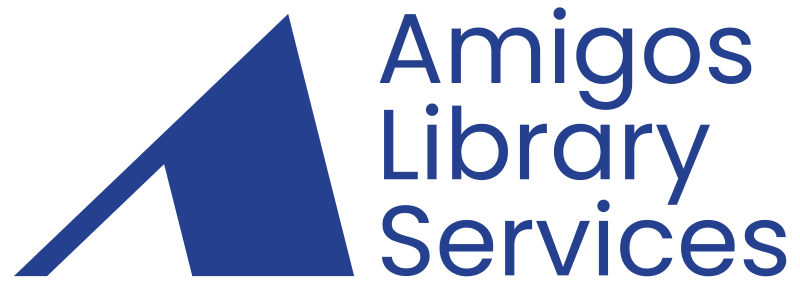Know & Go: Cataloging a Collection of Unusual Things
Creating any new collection in an academic library can be exciting and challenging for library staff. The challenge is amplified if the items in the collection have not typically been borrowed from libraries and the catalog records are not discoverable in a bibliographic utility. The idea of libraries circulating items that are not informational media is growing. This presentation will discuss the idea of a library of things in an academic library, from conception to its current state of circulation.
